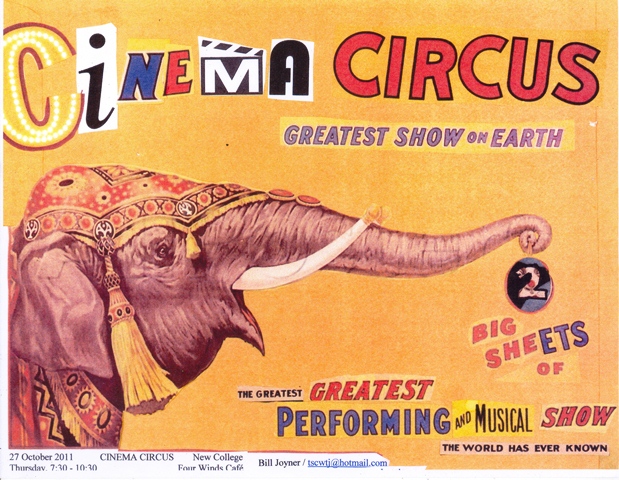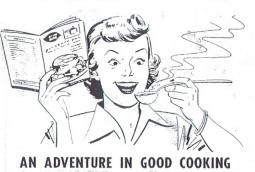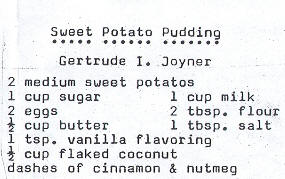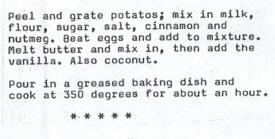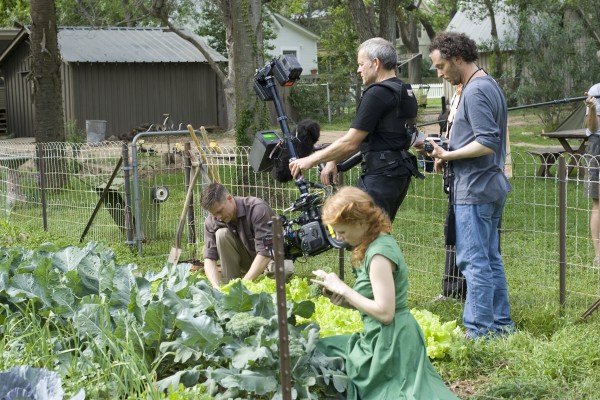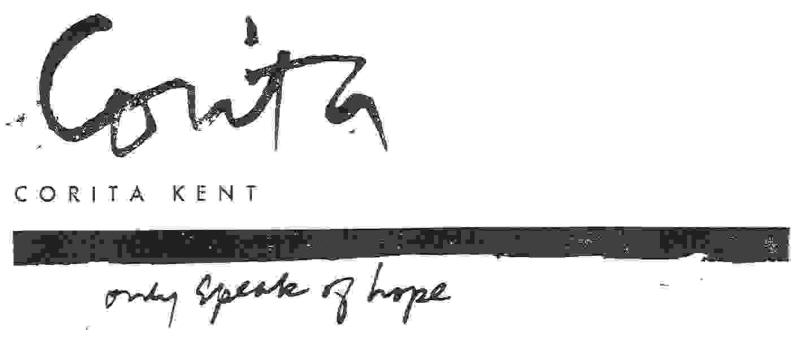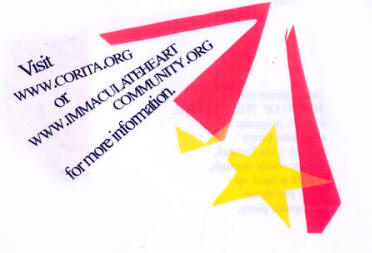
Bill Joyners Rock n Rollin Log
THE SEED CATALOG 2011
AUTUMN 2011

|
|
||||||||||||||||||||||||||||||||||
|
||||||||||||||||||||||||||||||||||
|
We
can be, as Tolstoy said, drunk on life
and set free in the process
I believe -- through art. Corita quoted Shaw as having said that art is the only painless way of learning. And, for many artists, musicians, et al, the creative path they have followed has eventuated in discovering vistas unknown as they have worked their art into experience
& vice versa. This may be what John Dewey meant by The Art of Experience. Bill Joyner
From the Confessions of
Jeremiah: You have seduced me, Yahweh, and I have let myself be seduced; You have overpowered me ...
Jeremiah 19:7
So
then!
In a
world of
insanely seductive distractions,
we
are seduced
even by God.
Yes, seduced,
but in the best
possible way,
drawn away from
the infinite attractions
of
this world
and redirected toward
our own reality.
Its show time, Yall!
Its Yo time!
And never again
ever
is
there going to be
anything quite like it!
So
please, lets
give it our best
and get it right,
before
consciousness
bids
us all
good
night,
before
we forget
and
ignore our own
greatest show
of
worth.
|
Leonard Cohens music
is
prophetic poetry
of
the highest order.
His strong, ageless voice,
like a clear beam
of
sure light,
immerses us
in a
baptism of grace,
guiding the way at times
through some
very
dark territory.
His
song, The Future,
for
instance; a bleak
either/or look at
tomorrow as it
may
well be,
visions reminiscent
of the
movie,
Children of Men,
for
which, in fact,
it
would be a
perfect overture.
CHILDREN OF MEN
The
only pregnant woman
in a
dying world,
aided
just by
a
handful of people
remaining human,
as
they move through
hellish, unbearable
horrors to find
a boat
called Tomorrow,
suspended like Noahs
ancient ark
above
the chaos
of a
world in
total,
catastrophic
collapse. |
|||||||||||||||||||||||||||||||||
|
|
||||||||||||||||||||||||||||||||||
|
|
||||||||||||||||||||||||||||||||||
|
||||||||||||||||||||||||||||||||||
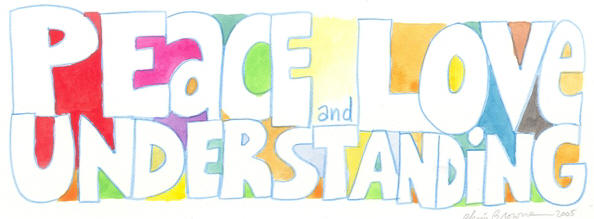
P.O. Box 3411
Sarasota, FL 34230
This is the tough part, the pitch for continuing seed back support. But, as Van Morrison says in his song, "I'm real real gone," and "I can't stand up alone." Just kindly let me know by checking the form below, whether and/or how you'd like to respond to the ongoing 3 times a year publication of THE SEED CATALOG:
___ Yes, bring it on, in whatever form!
___ No more mailings, will check it out on the web at www.seedcatalog.cc (or not) -- ha, ha!
Thanks, too, for any financial or moral support. ($5 donation suggested) Bill Joyner [email protected]
|
J. B. Starker & Company Jay B. Starker Leather, Jewelry, Objects of Art |

1210 E. M.L. King Blvd.
Tampa, FL 33603
Email: [email protected]
The Seed Catalog
William T. Joyner, Editor
THE SEED CATALOG is a continuing quarterly newsletter promoting
understandings of secular spirituality, available annually for a $5 donation. Additional contacts are appreciated
should you wish to provide names and
addresses of any who might enjoy it on an exploratory basis.
Thanks for tuning in!
--Bill Joyner / P.O. Box 3411 / Sarasota, FL 34230
Send me your feedback - comments, suggestions and contributions welcome
